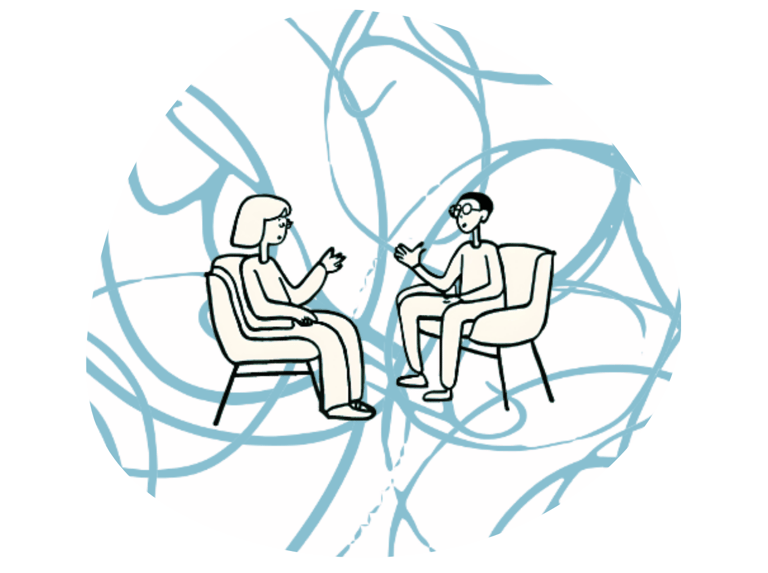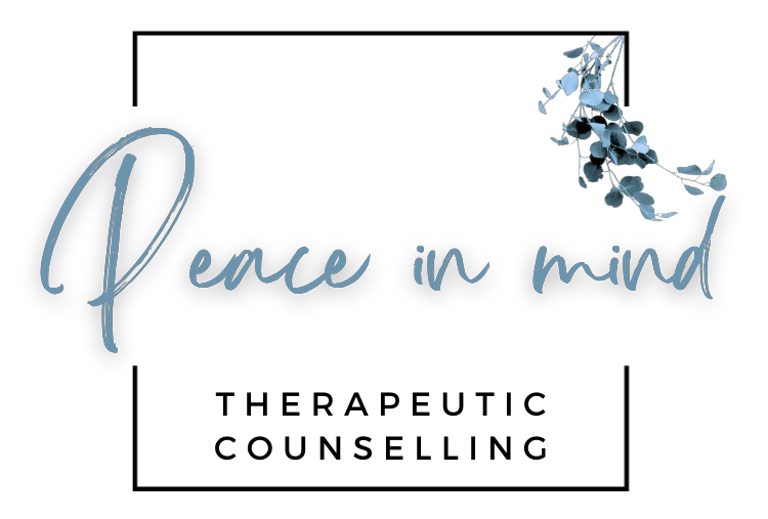
Getting the most out of counselling
Six tips to help you prepare and make the most of your time in the therapy room.
Laura Bradley
11/8/20243 min read



You're making an investment in yourself by seeing a counsellor. Whether you're new to counselling or want to deepen the experience, get the best out of your investment with these tips…
Think about goals, hopes and expectations
Spend some time identifying what you hope to achieve. Ask yourself questions like:
What issues or feelings do I want to address?
Are there specific goals I hope to achieve?
How do I see myself feeling or thinking differently after counselling?
Talk about these with your counsellor and revisit them to see if they change along the way.
You may also need to manage your expectations. Counselling isn't a 'quick fix' and it often takes time to get to where you want to be. Focus on gradual progress, celebrate small milestones and recognise that each step is part of your overall growth.
Address the practical stuff
You'll have enough in your head without the worries of 'how do I get there', 'how do I pay' or 'what happens if I can't access the video call' going on in the background. Make a list of all the practical stuff you'd like to know and ask your counsellor before your first session. Do also let them know if you have any accessibility needs and what they can do to support you with these.
If you're having remote counselling, take some time to think about where you will be during the session. Find a space that's comfortable and private, so you can talk freely. Make sure your device is charged and consider whether you want to use its speakers or connect headphones.
Turn up!
Consistency and continuity are really important in counselling. Commit to attending sessions regularly, even if you’re feeling uncertain or struggling to see immediate results. This will help develop a trusting relationship with your counsellor, enabling you to explore yourself on a deeper level.
Be open, honest and allow yourself to feel vulnerable
It may feel awkward opening up to someone you've only just met and it's fine if you need a bit of time to decide whether you trust your counsellor with those personal and painful details about yourself. But holding back for too long may limit your progress.
Counselling is a place where you don't need to pretend everything's ok or mask your real self. Work with your counsellor to find a space that feels safe enough to be vulnerable. Try starting with the parts of yourself that are easier to talk about. Then, when you feel ready, think about the parts you usually avoid talking about. Bring them out gradually and take a pause if it feels too much.
Take some time to reflect in between sessions
Reflecting in between sessions can help you gain further insight about the things you discussed in your last session, or identify things you might want to explore next time. To avoid it turning into over-thinking, you may want to set aside a specific block of time for your reflection and mark the end of that time by moving to another room or doing an activity.
You may find journaling helpful to get the thoughts and feelings out of your head. If writing isn't your thing, how about an audio journal or something creative to express what's going on for you?
Remember self-care
Exposing your emotions, particularly something painful, can leave you feeling drained or emotionally raw. If you can, don't throw yourself back into everyday life directly after your session - take a moment of self-care. This could simply be a walk around the block. Or you might have time to meditate or do an activity that brings you joy. If you don't have time directly after your session or find it difficult to meditate on your own, you could speak to your counsellor about short exercises you can do together towards the end of a session, to help you feel calm and grounded when you leave.
And remember take regular moments of self-care throughout the week. Take a look at this blog for some inspiration.
Ready to start your counselling journey? Book a free consultation call to talk about how we could work together.


